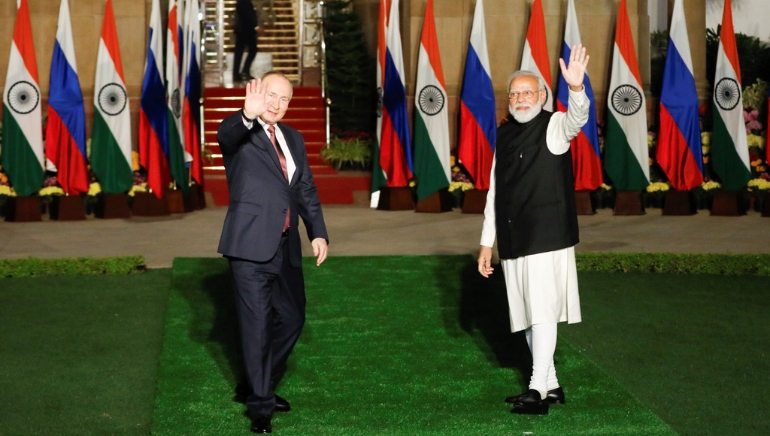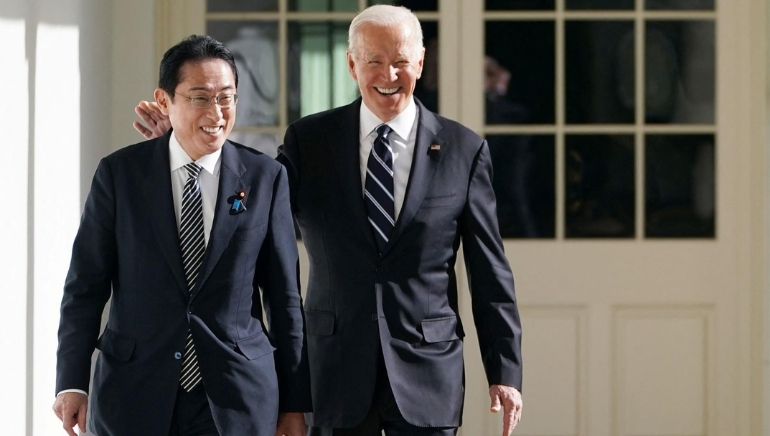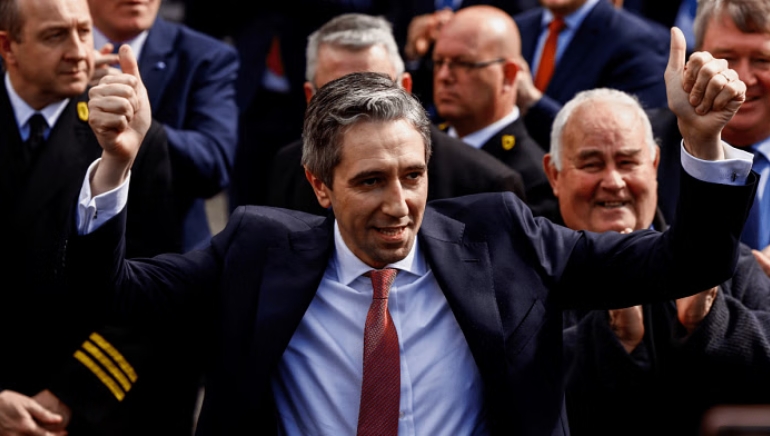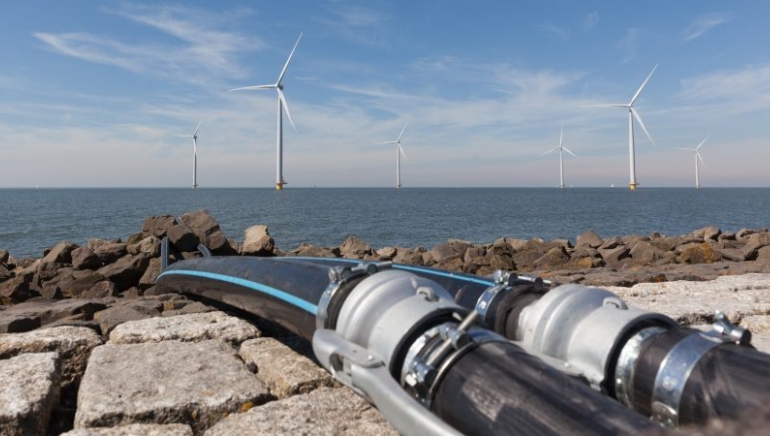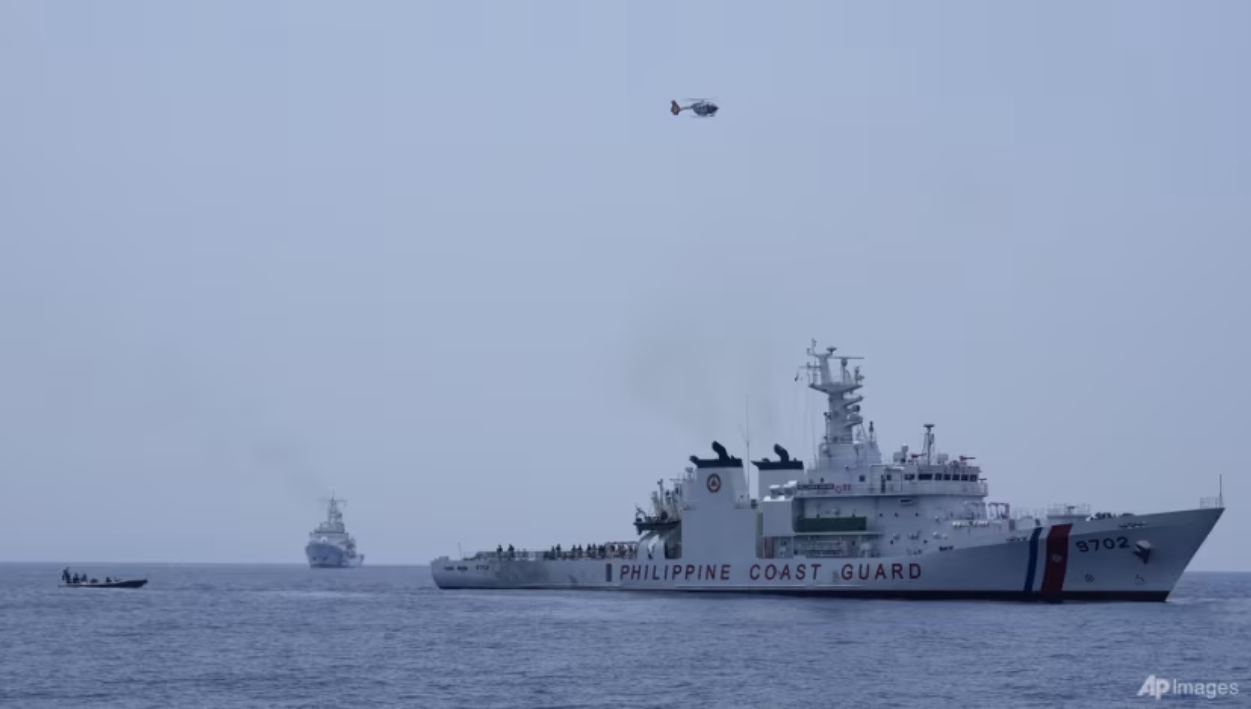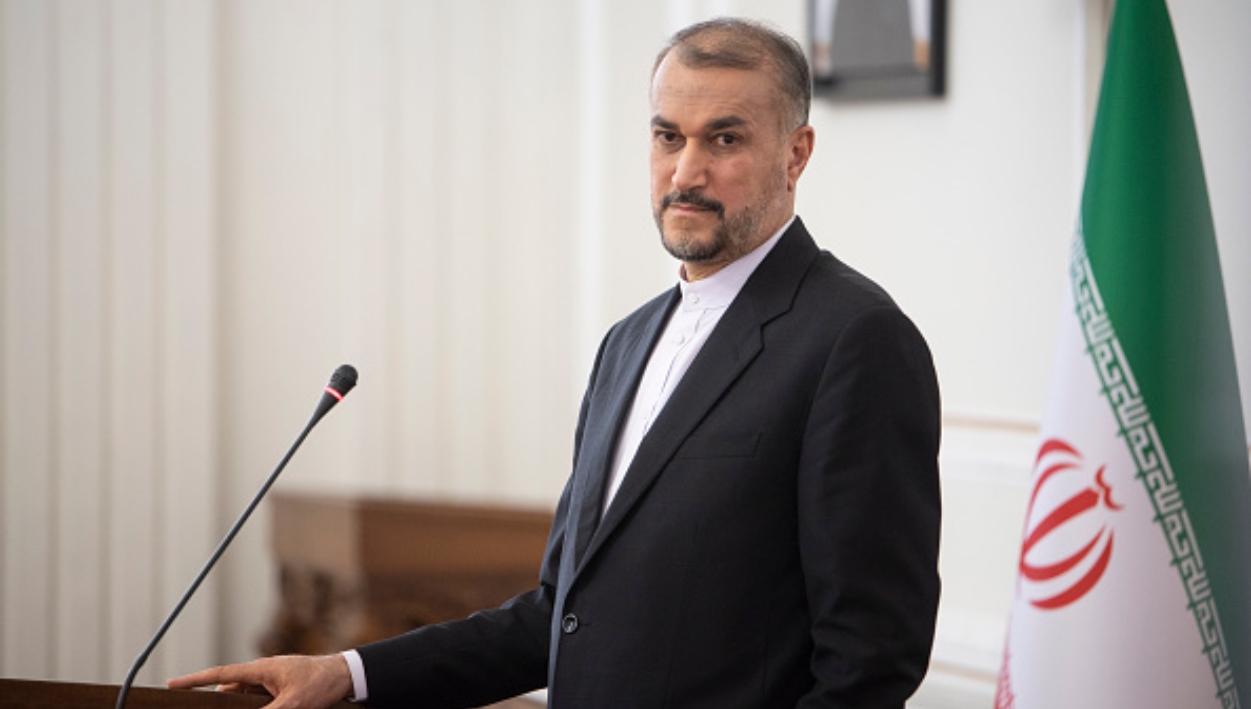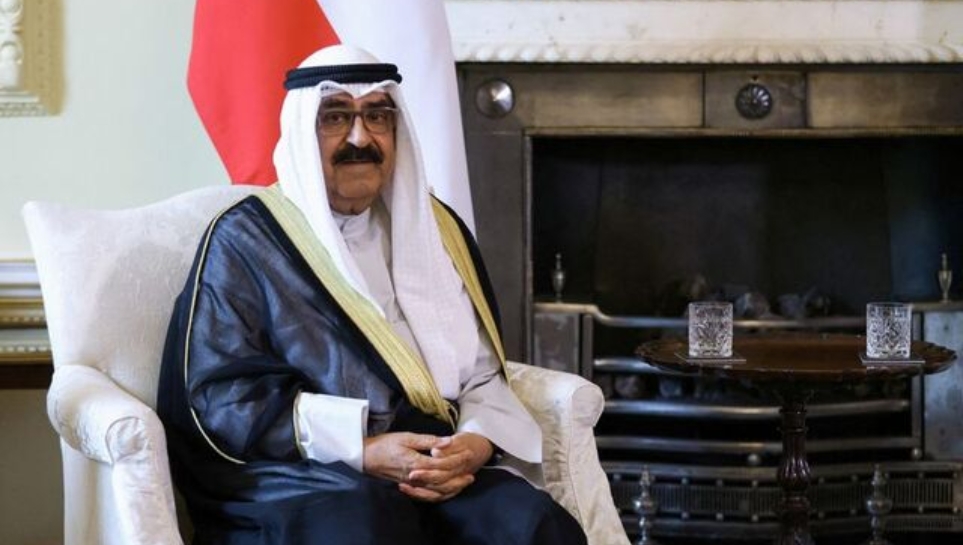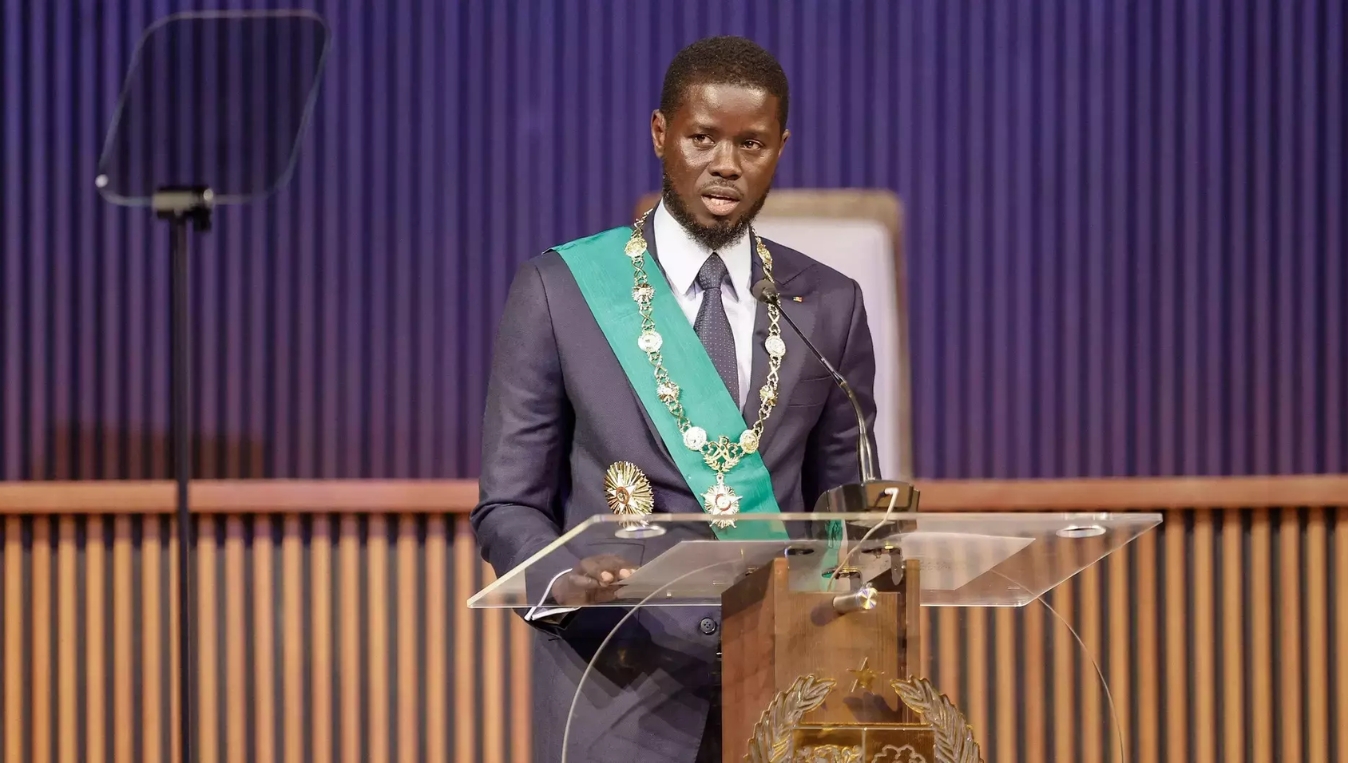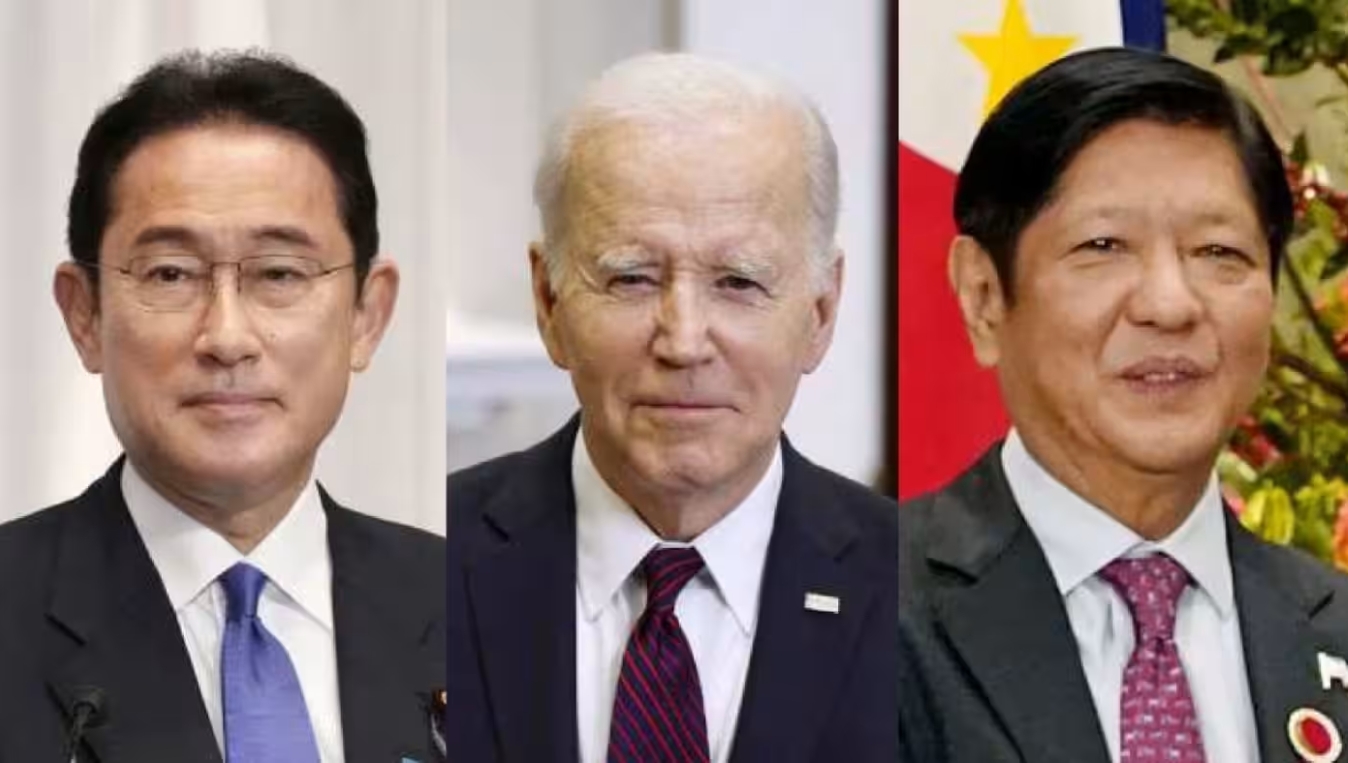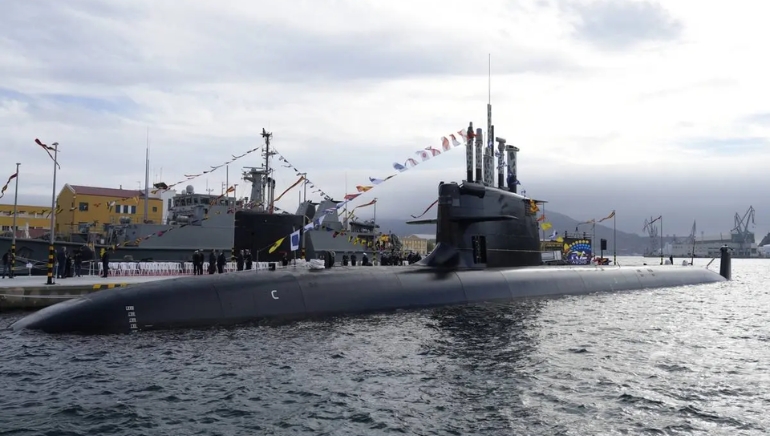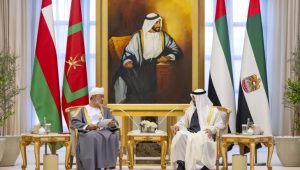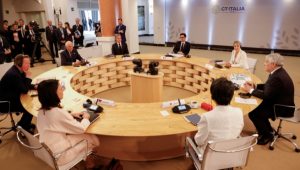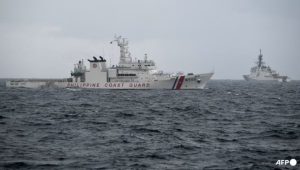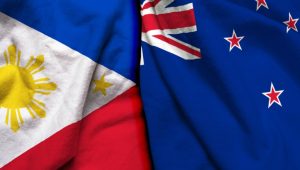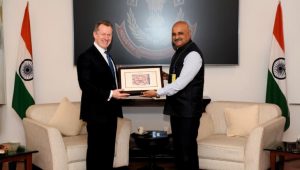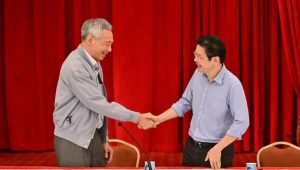On Saturday, India and Russia celebrated their 77th anniversary of diplomatic ties, highlighting a resilient partnership across diverse sectors such as defence, energy, trade, and culture. Over the years, Russia has played a crucial role in strengthening India’s energy security and defence capabilities.
Currently, efforts are underway to enhance connectivity in the Eurasian space. Additionally, there are endeavours to achieve an early conclusion of the FTA between the Eurasian Economic Union and India, efficiently promote the North-South Transport Corridor, relaunch the Vladivostok-Chennai Eastern Maritime Corridor, strengthen independent financial and payment mechanisms, synchronise customs regimes, multiply joint ventures, and expand tourism and humanitarian linkages.
In 2024, the two countries will celebrate several significant jubilees. These include the 555th anniversary of the famous journey by the Russian merchant Afanasy Nikitin to India and the 150th birth anniversary of the iconic Nicholas Roerich.
India’s former envoy to Russia, DB Venkatesh Varma, stated that decades of careful diplomacy between India and Russia had fostered a unique partnership resilient to internal changes and global shifts. He emphasised the rarity of such enduring collaboration in contemporary international relations. Varma highlighted the need to revitalise the strategic alliance to better align with the demands of a multipolar world.





